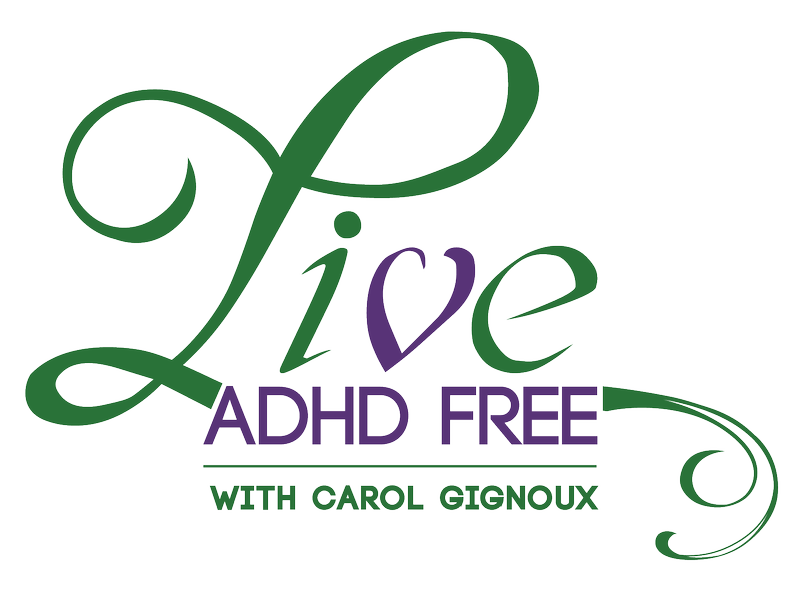2012 was ADHD’s best year yet!
I’m proving it by listing my top five reasons all December long. First off, how great were the Olympics? Then there’s Pinterest. And coming in next…
ADHD Breakthroughs
Scientists worked to make medications safer and more effective. Researchers found even more benefits between maintaining healthy diet and exercise and minimizing ADHD symptoms. Doctors took a closer look at homeopathic treatments for ADHD, which are more popular than ever. One study searching for the root of ADHD on a chromosomal level made it into The New England Journal of Medicine. For a thorough round up of important studies in layman’s terms, I recommend ScienceDaily.
Arguably the most important (and controversial) study of the year came from the Project to Learn about ADHD in Youth (PLAY). The research took over a decade and involved the largest pool of participants ever in an ADHD study. The focus of this research analyzed ADHD diagnosis in children, and concluded that the diagnostic procedures are flawed, relying too much on symptom identification by unqualified adults (namely, parents and teachers). This means that in some places, an ADHD diagnosis can become trendy, or a catch-all label for other problems. On the other hand, children can go undiagnosed when their symptoms are ignored or misunderstood. ScienceDaily summarizes it succinctly:
Study questions focused on the prevalence and treated prevalence of ADHD in children; the existence of other health problems in children with ADHD, and the types and rates of health risk behaviors in children with ADHD. The study also looked at treatment patterns, both past and current, of children with ADHD.
‘The findings of our study suggest that a fair number of children are being treated who do not meet case criteria and that there are children who do meet criteria but are not being treated,’ [fusion_builder_container hundred_percent=”yes” overflow=”visible”][fusion_builder_row][fusion_builder_column type=”1_1″ background_position=”left top” background_color=”” border_size=”” border_color=”” border_style=”solid” spacing=”yes” background_image=”” background_repeat=”no-repeat” padding=”” margin_top=”0px” margin_bottom=”0px” class=”” id=”” animation_type=”” animation_speed=”0.3″ animation_direction=”left” hide_on_mobile=”no” center_content=”no” min_height=”none”][leader Dr. Robert] McKeown said. ‘ADHD is not a snap diagnosis. It requires data from several sources and across several domains and considerable expertise to diagnose accurately and differentiate from other possible problems.’
[/fusion_builder_column][/fusion_builder_row][/fusion_builder_container]

